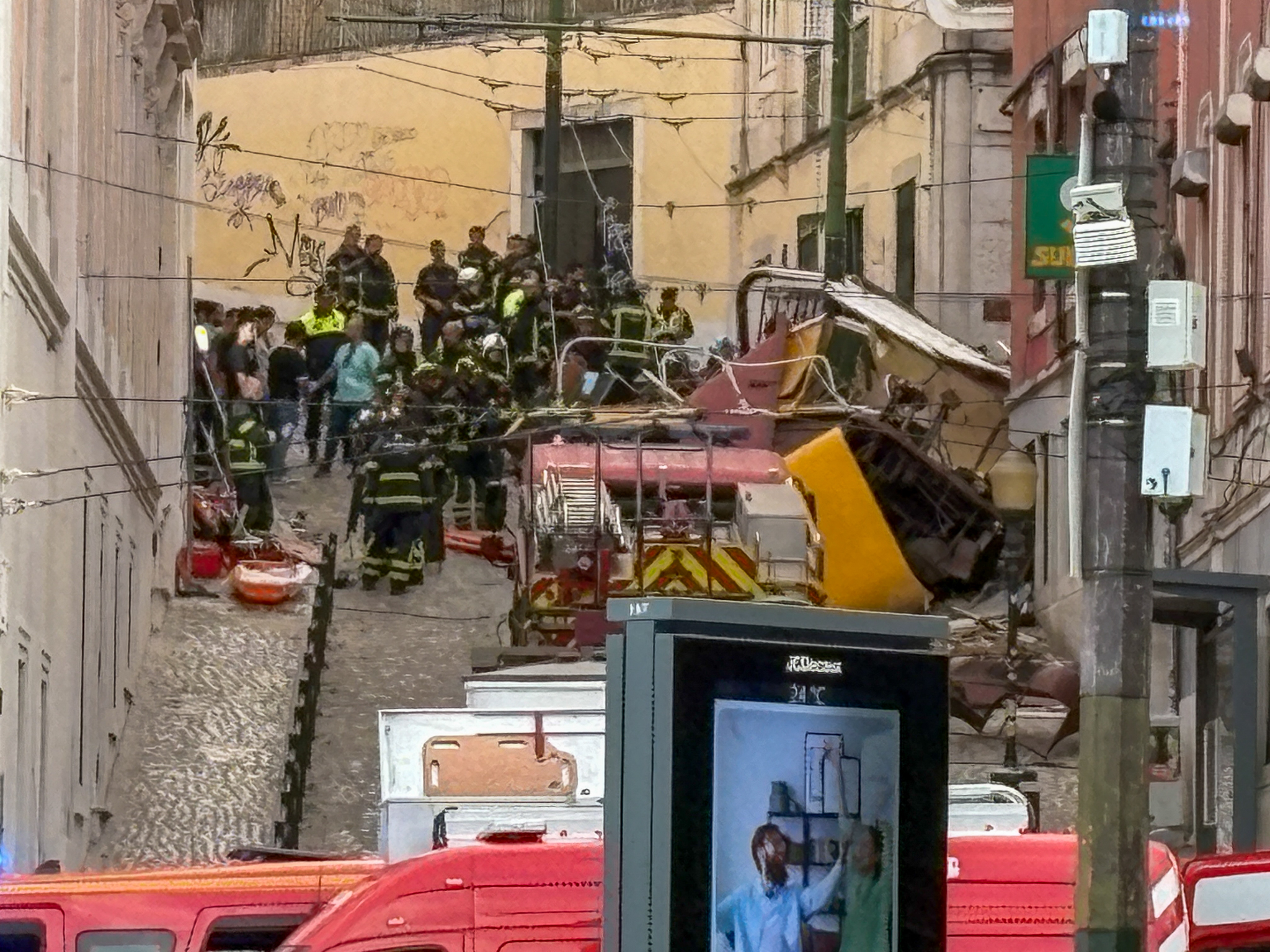The Students' Association of the Faculty of Architecture calls for "equal access to public transport for all students in Lisbon".

Students of the Faculty of Architecture of Lisbon question the criteria of the free public transport measure, which comes into force this academic year. The Students' Association of the Faculty of Architecture (AEFA) has published a open letter to the municipality asking for equal access to free passes.
"Following the implementation of free passes for higher education students up to the age of 23 or 24 in the case of students enrolled in integrated master's degrees, AEFA understood that access to this support should not be limited only to students with a tax domicile in the municipality of Lisbon.", says AEFA.
"Student mobility should be safeguarded with the best possible conditions, being naturally a positive measure in its genesis, but AEFA believes that it should cover all enrolled students, thus ensuring effective equal access to the much needed mobility conditions."
The free passes measure entered into force in July for those over 65 and in September for students up to the age of 23/24, requiring a fiscal domicile in Lisbon to benefit from the gratuity. Free public transport is achieved by offering the Municipal Navegante pass to eligible persons, allowing mobility on any means of transport within the municipality of Lisbon.
Cascais, which also has free public transportation, designed its measure differently. In force since 2020, the city led by Carlos Carreiras allows any young student to benefit from the gratuity, which, however, is only valid on the municipal bus network (and not on CP trains, for example).
Open letter: "For equal access to public transport for all students in Lisbon"
The city of Lisbon is today the undisputed center of innovation and higher education in Portugal. It is the municipality in the country with the largest number of Higher Education Institutions (HEIs) and the largest number of students, more than 140 000.
Of these students, a significant proportion are displaced in the capital. Students who have decided to leave the comfort of their home in search of an excellent education.
As an example, at the University of Lisbon, about 25% of the scholarship students are,
also, displaced students, who are entitled to accommodation in a university residence or additional support in their grant if there are no vacancies in the insufficient residences available.
Of course, in addition to scholarship students, there are students who, due to the limited resources available for social action support, cannot be covered by the system. Nevertheless, they are, for all intents and purposes, displaced students. These students are in a particularly more complex situation than students who have their family nucleus or their tax residence in the municipality of Lisbon.
It is also important to recognize that these students, despite having their fiscal domicile with the household, because they factually belong to that household, are permanently displaced in the city of Lisbon, residing for all purposes in the municipality during the school term.
As is easily understood, the whole city benefits at all levels from the displacement of these students. The city gains more inhabitants, gains more knowledge, benefits from a financial point of view with their residence and living and, above all, ends up retaining these students who, after finishing their academic career, end up settling permanently in the municipality as a result of the greater and better job opportunities, being a great way of renewing the age of the active population of our capital.
In addition, due to the geographical size of the municipality, also due to the high geographical dispersion of HEIs and, above all, due to the limited availability of accommodation, there is a particular need to invest in support mechanisms that facilitate student mobility and displacement.
The support measure created by the CML executive allows higher education students to access the pass free of charge up to the age of 23, or up to the age of 24 if they are on courses that are integrated master's degrees. Unfortunately, the measure leaves out all displaced students, because it requires the student to have their fiscal domicile in the municipality of Lisbon.
It is easy to understand, from the above, that a displaced student will not change his fiscal domicile, since for all intents and purposes the student belongs to the household that resides outside the city of Lisbon. Naturally, these students will not change their fiscal domicile, because by doing so they would lose the support so necessary to be able to have their residence with the HEI.
In this way, the Students' Association of the Faculty of Architecture of the University of Lisbon (AEFA) believes that the measure to support the free use of the passes sins for lack of inclusion, by restricting access to this support only to students who already reside in the municipality of Lisbon, leaving out all those who by definition already have a set of added difficulties because they are far from their permanent residence.
In this regard, AEFA proposes the following:
- Change the conditions of access to the free pass to include all students enrolled in HEIs in Lisbon, removing the requirement to submit a tax residence declaration.
September 6, 2022
Students' Association of the Faculty of Architecture of the University of Lisbon










